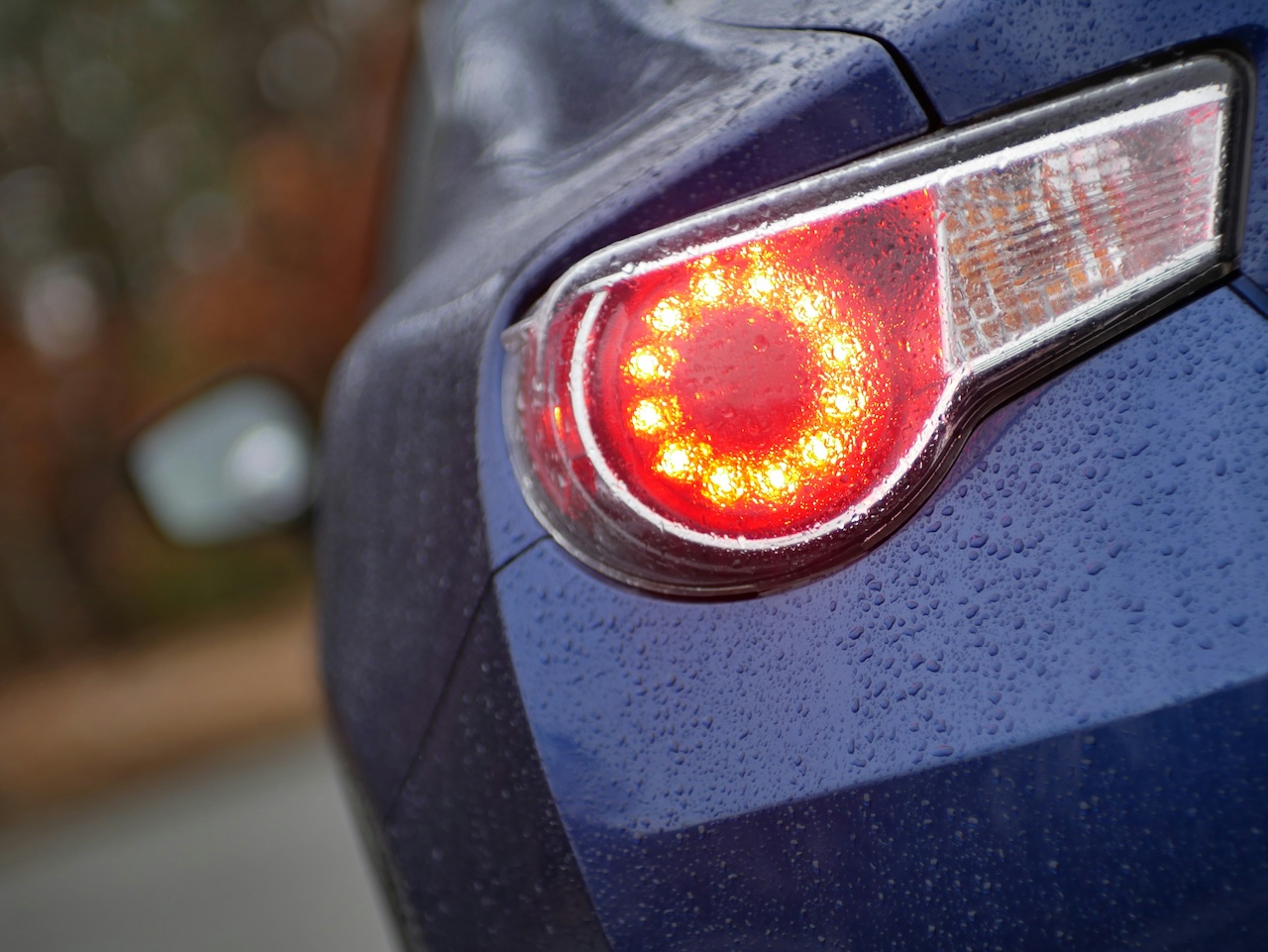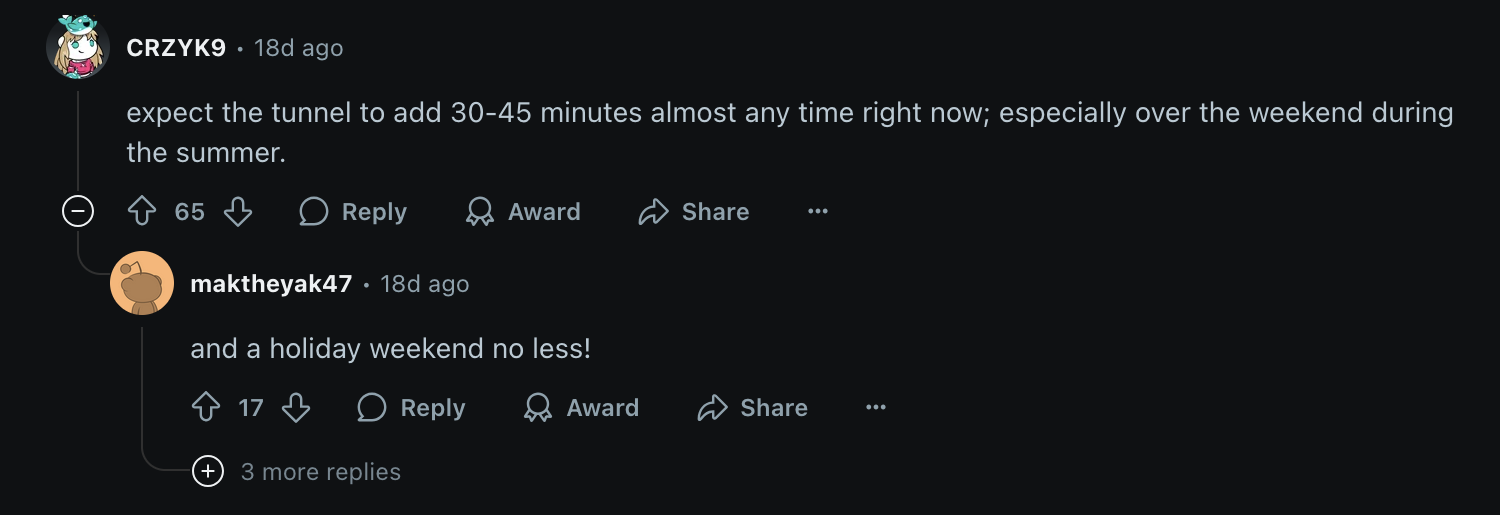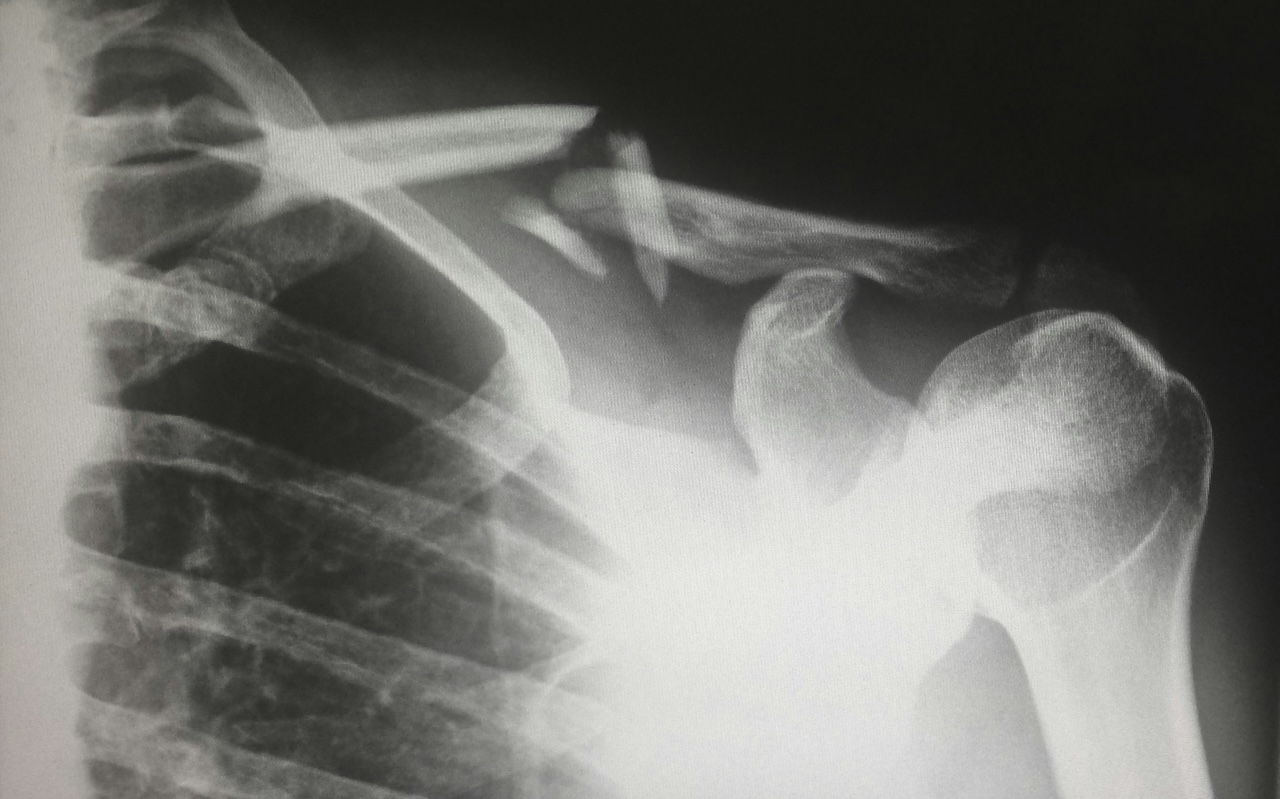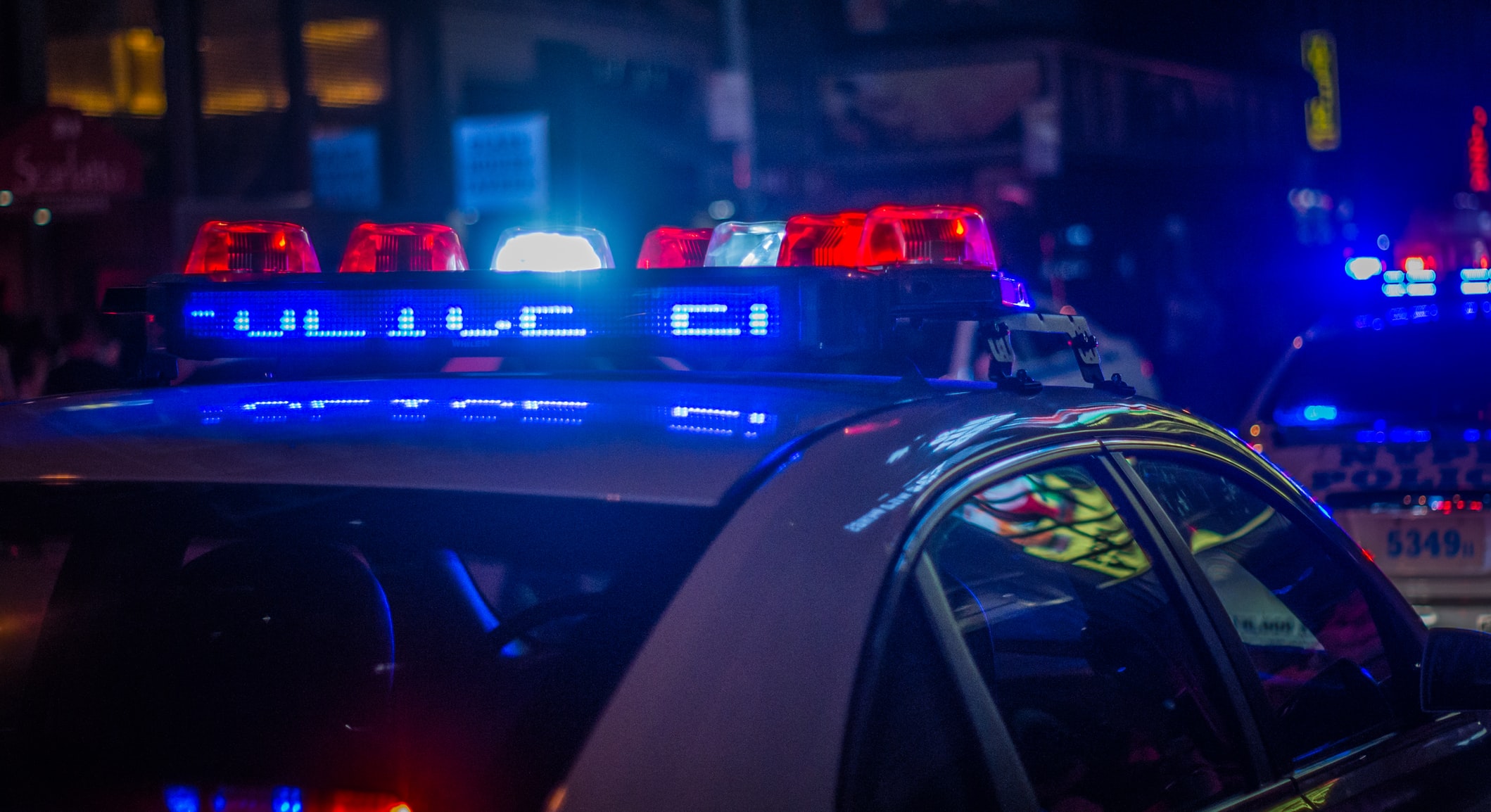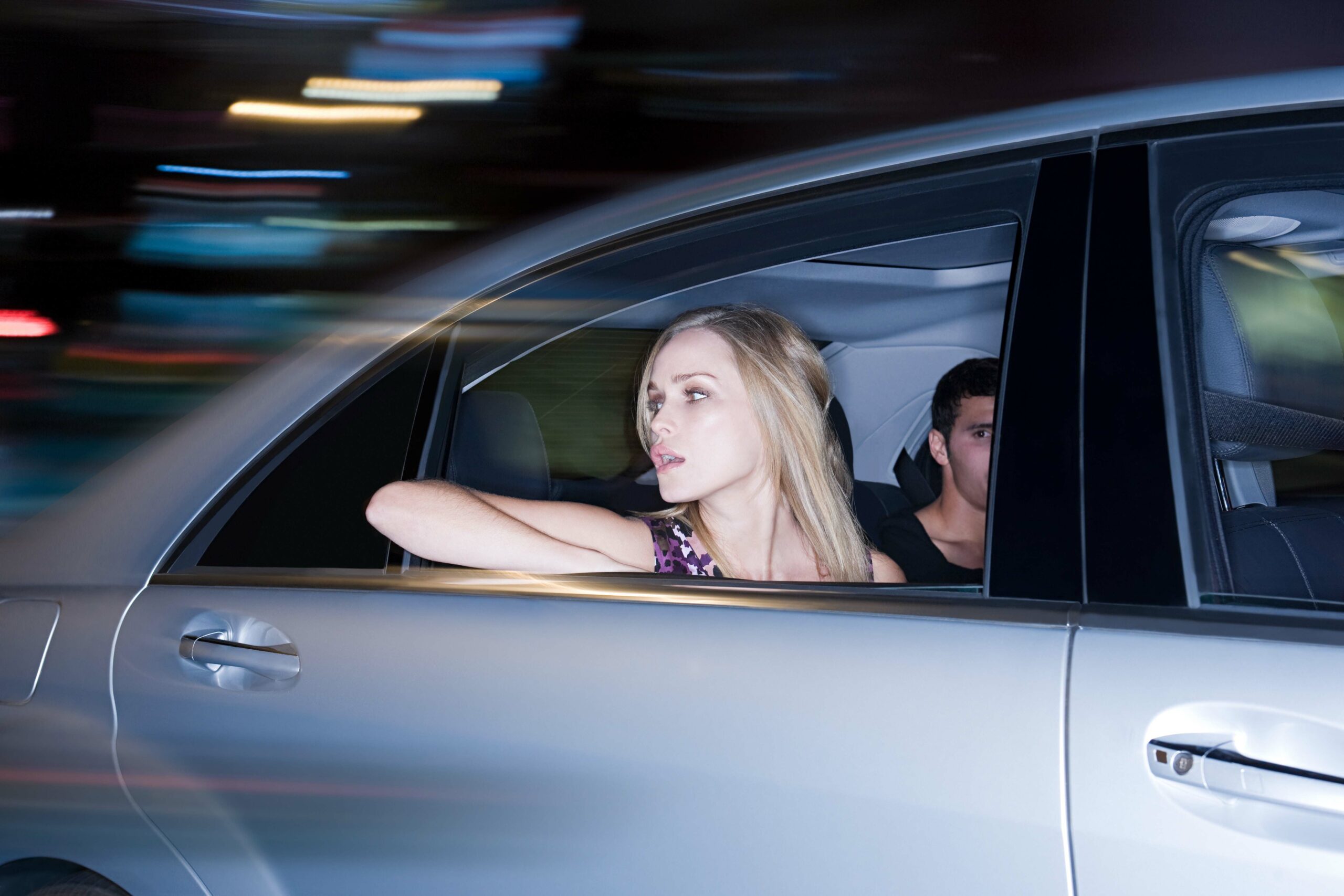Key Takeaways
- Brake checking is illegal in Virginia and can result in severe penalties and serious accidents.
- Victims of brake check crashes may struggle to recover compensation because Virginia law bars recovery if they’re found even slightly at fault.
- Dashcam video, witness statements, and police reports are often key to proving liability in these cases.
For five long years, the Hampton Roads Bridge–Tunnel (HRBT) expansion has been causing traffic backups and delays. Between the construction, new traffic patterns, drivers unfamiliar with navigating the HRBT, and the sheer volume of vehicles using the tunnel, stop-and-go traffic is no longer just an annoyance – it is a constant. But there is a difference between bumper-to-bumper traffic and the aggressive driving maneuver that is brake checking.
Brake checking happens when a driver intentionally brakes without warning, often in response to another driver following them too closely. While the intent isn’t always to cause an accident, it often does, and the consequences can be severe. Anecdotally, we have been hearing about an increase of brake checks around that area. Virginia drivers who are injured in brake check accidents may be able to file a personal injury claim to pursue compensation for their losses, but proving fault can be challenging, especially in construction zones.
Why Do People Brake Check?
Most brake check accidents result from road rage. Brake checking can be a way of retaliating against another driver, often when that driver is perceived to be tailgating. A brake checker may either speed up and get in front of the other driver or remain in the front if they are already there. They may allow the following driver to get close and then, without warning, hit their brakes hard.
In other cases, brake checking may be done for purposes of insurance fraud. Drivers know that when a vehicle strikes them from behind, it’s likely that police and insurance will assign fault to the rear-ender, resulting in a “quick payday” for the brake checker.
In any case, brake checking is an incredibly dangerous behavior for everyone on the road, even when it’s only intended to affect one driver. The driver who is following a brake checker may lose control or swerve to avoid impact, potentially hitting other vehicles or even pedestrians, leading to a much more serious accident.
Is Brake Checking Illegal in Virginia?
Brake checking is illegal in Virginia. Although not specifically defined in the state’s criminal statutes, a driver can be charged with reckless driving (a Class 1 misdemeanor) or aggressive driving (a Class 2 misdemeanor) depending on the circumstances. A driver should not let the term “misdemeanor” mislead them, because the penalties can be severe.
If convicted of a Class 1 misdemeanor, a driver faces:
- Up to 12 months in jail
- Up to $2,500 in fines
- Six demerit points on their driving record (which can lead to additional penalties)
- A possible license suspension for up to 6 months
- Higher automobile insurance premiums or policy cancellation
Class 2 misdemeanors are also serious and can result in jail time, fines, and other consequences. A court may also require the brake-checking driver to complete an aggressive driving education program.
If Someone Brake Checks You, Who Is At Fault?
Proving fault in a brake check accident is complicated. The driver behind the brake checker is at a disadvantage because it can be argued that they were tailgating and could have avoided the crash if they had been following at a reasonable distance (it is worth noting that tailgating is also illegal in Virginia). If the rear driver was indeed tailgating, they would be considered partly at fault for the accident and would not be able to recover any damages due to Virginia’s contributory negligence rule. That’s why it’s so important to maintain proper spacing between your vehicle and the one ahead of you at all times.
Let’s look back at the HRBT expansion – specifically, the intersection of Settlers Landing Road and I-64 in Hampton. It’s routinely named one of the worst intersections in Virginia, and has been for years. So if the driver ahead of you slams on the brakes, you may not be able to tell if it was an aggressive act or not because:
- You have limited visibility: Because of the curves and short merge area, you can’t see far enough to know if traffic is actually stopped just ahead.
- Your reaction time is shortened: Everything happens fast. By the time you realize the stop is legitimate (or not), you’re already hard on your own brakes.
- The traffic is substantial: With so many vehicles using the HRBT, even one abrupt stop can ripple back and feel indistinguishable from an intentional brake check.
The point is, it can be hard to tell if that driver was trying to avoid an accident – or trying to cause one. And if you slammed on your brakes to avoid hitting the driver ahead of you, or if you missed the driver hitting the brakes because you were looking at a different point in the road, you could find yourself facing scrutiny as well. This is why witnesses and camera footage can be crucial in brake check claims, as they help establish exactly what happened and who was at fault.
How Do You Prove Someone Brake Checked You?
If you get brake checked and it leads to an accident, you can expect the at-fault driver to either blame you for the crash or blame something else, such as an object in the road that caused them to suddenly brake. You will need evidence to show that the braking was intentional and led to the collision. This evidence could include:
- Video footage: Video evidence is the strongest proof that someone deliberately and without a good reason hit their brakes. It may come from a dashcam, a surveillance camera, or a smartphone. “A dashcam can show who changed lanes too quickly, who ran the red light or even if weather conditions played a role.” — Brad Huffman, Success.com
- Witness statements: Others who saw the accident may have observed the driver in the front slam on their brakes without cause. If there were any witnesses to the brake check crash, get their contact information.
- Police reports: When law enforcement officers come to crash sites, they speak to the parties involved and generate an accident report. The report may indicate who was at fault.
- Forensic evidence: This may include analysis of evidence from the accident scene such as skid marks and damage patterns on the vehicles. A forensic investigation could support an accident reconstruction that assigns fault to the brake-checking driver.
What Should You Do If You’ve Been Involved in a Brake Checking Accident in Newport News?
If you have been in a brake checking accident, it’s imperative that you remain calm. These incidents often involve highly charged emotions and allegations, and it can be tempting to get into an argument with the at-fault driver. We suggest that you do the following instead:
- Call 911: Report the incident immediately to law enforcement and ask for an officer to come to the scene. Also, request medical attention if you or a passenger has been injured.
- See a doctor: If you did not need immediate medical treatment, you should still see a doctor. Injuries often are not apparent right away, and you could jeopardize your health and legal rights if you forego medical attention.
- Do not address the driver: Let law enforcement deal with the other driver. The worst thing you can do is get into an argument or further escalate the situation.
- Do not admit fault: Even if you believe you might have partially caused the accident, do not admit fault or apologize. There may be unforeseen facts you are not aware of, so let the police investigate.
- Notify your insurer: Tell your automobile insurance company about the crash. Again, limit what you say. Do not speculate as to fault or the nature of your injuries. Relay the basic, objective facts.
- Contact Huffman & Huffman: Need legal guidance? Call a Newport News brake check accident lawyer at our own firm. A member of our team can investigate the crash, determine the value of your losses, and deal with the insurance claim or the courts as necessary.
If You’ve Been Injured, Talk to Huffman & Huffman About What to Do Next
Huffman & Huffman is a trusted advocate for brake check accident victims throughout Virginia. We understand what it takes to prove brake check liability so victims can recover damages for medical bills, lost wages, and more. Let us take a look at your case, determine whether you have a legal claim, and then get to work fighting for you. Contact us today for a free initial consultation.



